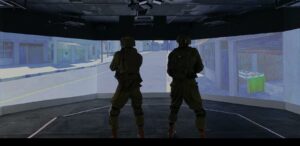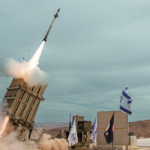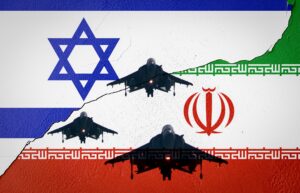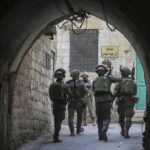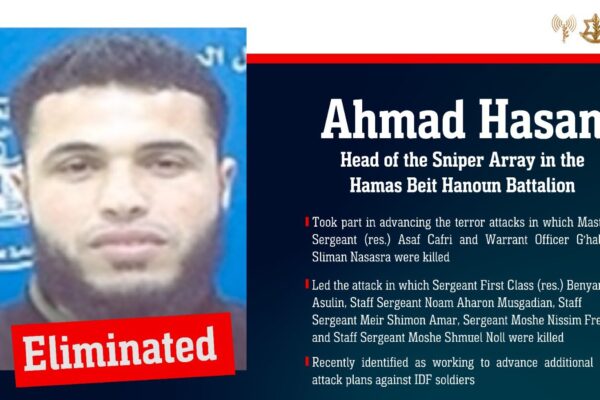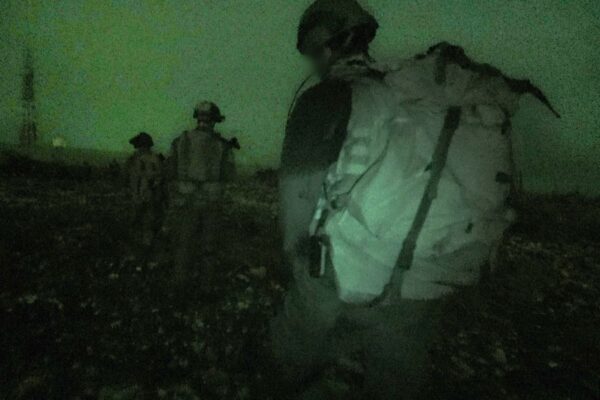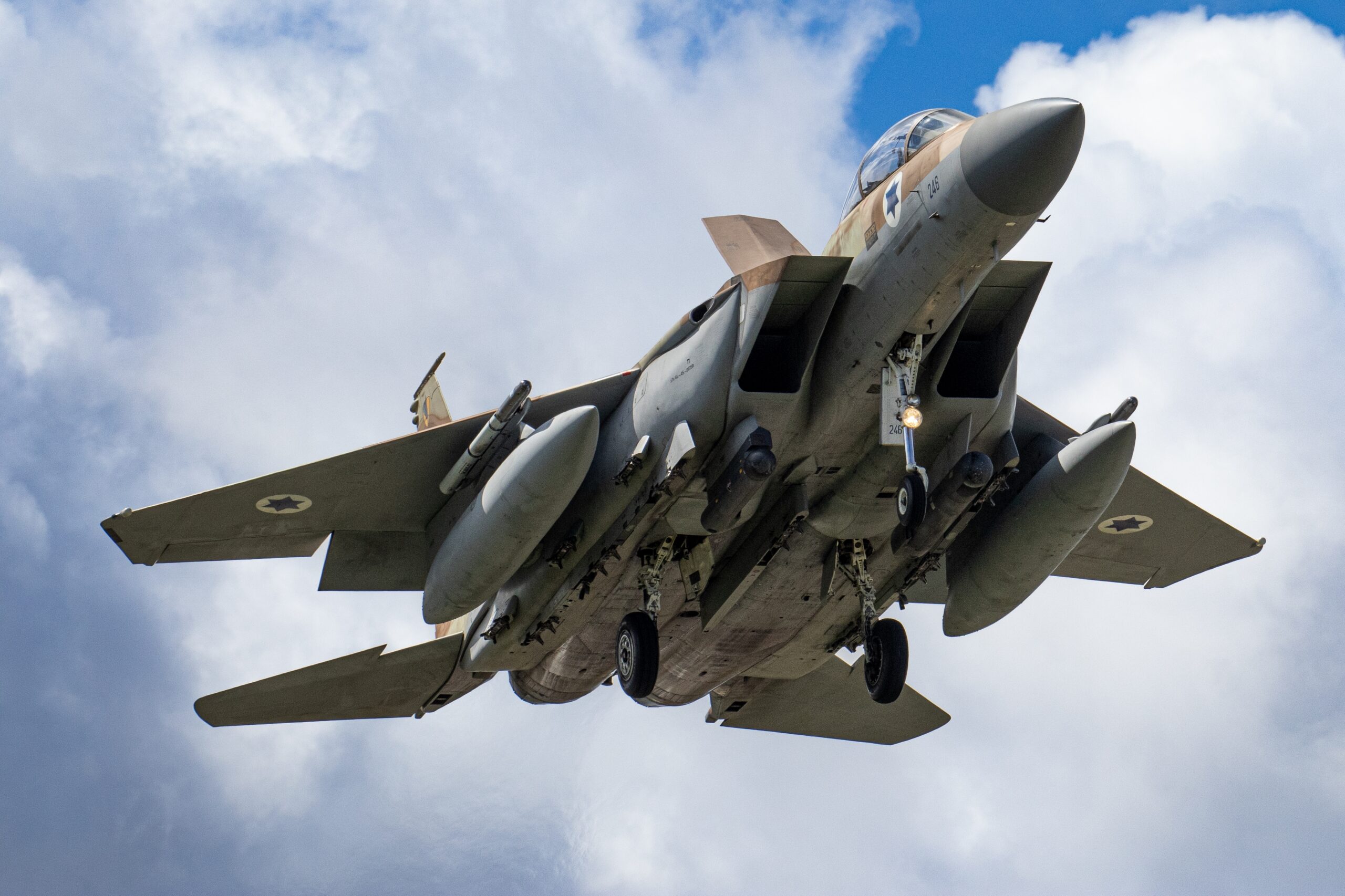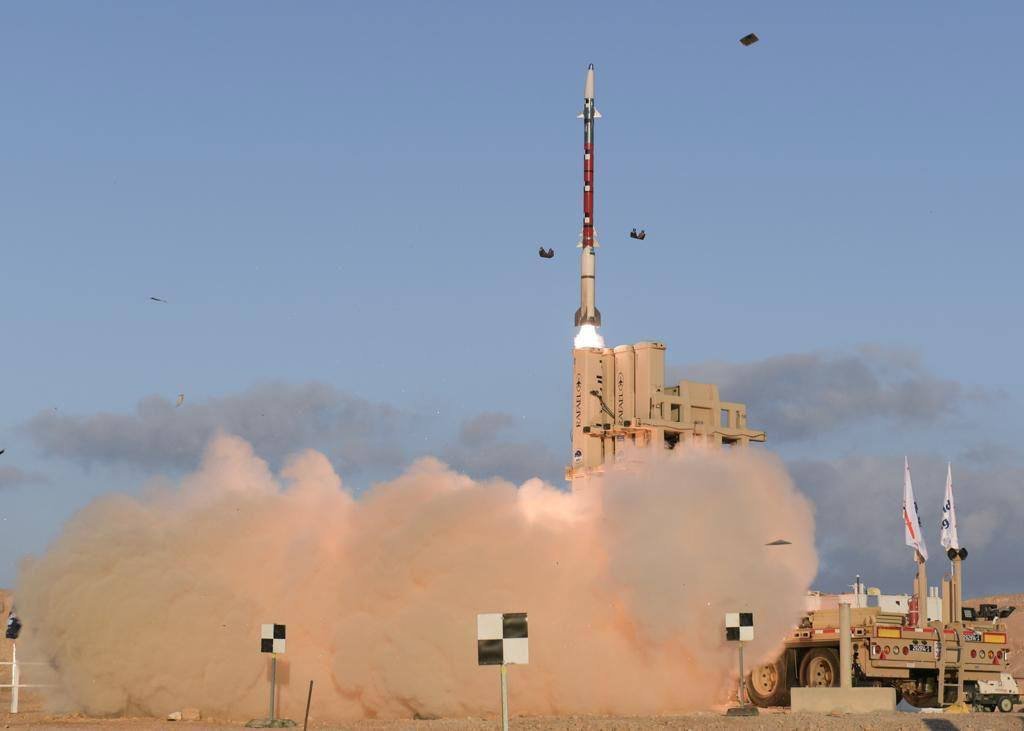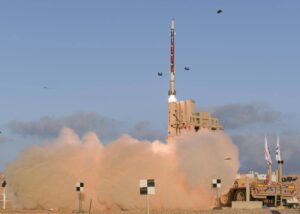By Hezy Laing
Military experts are increasingly warning that only a resumption of war will compel Hamas to comply with the terms of the 2025 ceasefire agreement brokered by President Donald Trump.
While the deal outlines a phased withdrawal of Israeli forces and the disarmament of Hamas, analysts say the terror group has shown little intention of surrendering its weapons or relinquishing control of Gaza.
Dr. Michael Milshtein, head of the Moshe Dayan Forum at Tel Aviv University and a leading authority on Hamas, stated bluntly: “Forget words like peace and coexistence — that won’t happen.”
He emphasized that Hamas views the ceasefire not as a path to peace, but as a tactical pause to regroup and reassert dominance.
According to Milshtein, Hamas is willing to allow a cosmetic Palestinian administration to manage daily affairs, but will continue operating behind the scenes, much like Hezbollah in Lebanon.
Recent reports indicate that Hamas fighters have returned to formerly occupied areas in Gaza, bringing weapons and targeting rival factions.
This behavior has alarmed Israeli officials and prompted President Trump to warn that the U.S. would support renewed military action if Hamas fails to comply.
“If they don’t disarm, we will disarm them—and it will happen quickly and perhaps violently,” Trump said during his Knesset address.
Colonel (Res.) Lior Lotan, who previously served as the Prime Minister’s Special Envoy for Hostages and Missing Persons, agrees that Hamas will not adhere to the deal unless they are placed under significant pressure.
Without such leverage, he argues, the group will continue to manipulate the situation rather than honor the agreement.
Speaking with 103FM Radio, Lotan offered his assessment of the deal and highlighted what he sees as Israel’s lack of deterrence in Hamas’s eyes.
“The dead hostages are assets for Hamas, and in Islam, one does not give up assets except under force. When there is no pressure on them, they do what they are used to,” Lotan explained.
He went on to criticize the structure of the agreement itself.
“This agreement is flawed,” Lotan told 103FM. “Israel did not set its terms; it accepted it and had to maneuver, but it’s good that Israel entered this process.”
“What should we do now, when Hamas exploits the space given to them in the agreement? First of all, we need to turn on the lights. Any price we pay today is lower than what we will pay in the future.”
Lotan emphasized that the conflict is far from resolved and that Israel still holds strategic tools to exert influence over Hamas.
“The war is not over,” he added, stressing that Israel has “leverage to pressure” the terror group.
Despite the ceasefire’s snapback provisions, which allow Israel to respond to violations, experts argue that enforcement will require more than diplomatic pressure.
They believe that Hamas’s ideological rigidity and military infrastructure make voluntary disarmament unlikely.
As such, the prospect of renewed conflict looms large, with many concluding that only force will ensure compliance and prevent Hamas from rearming under the guise of peace.









